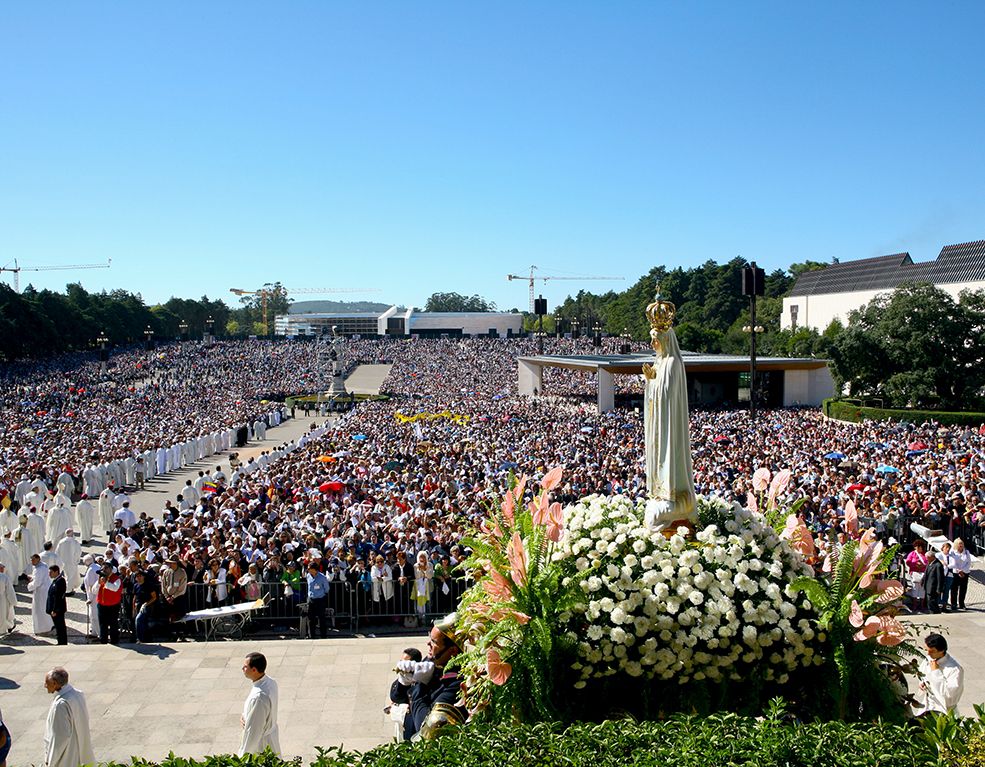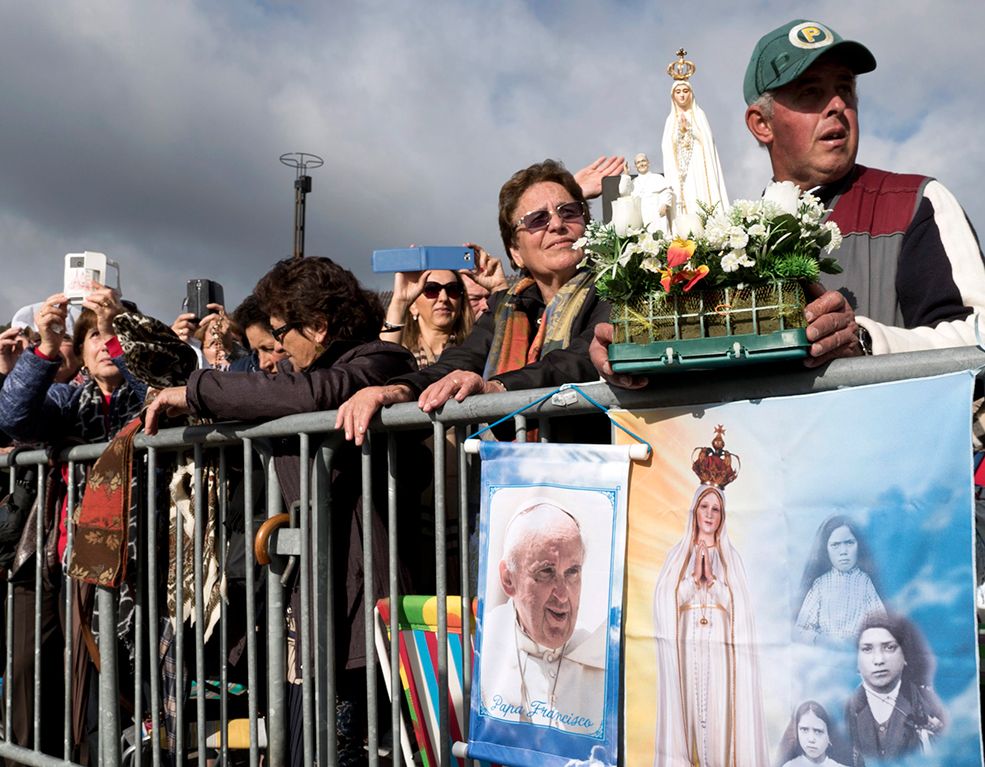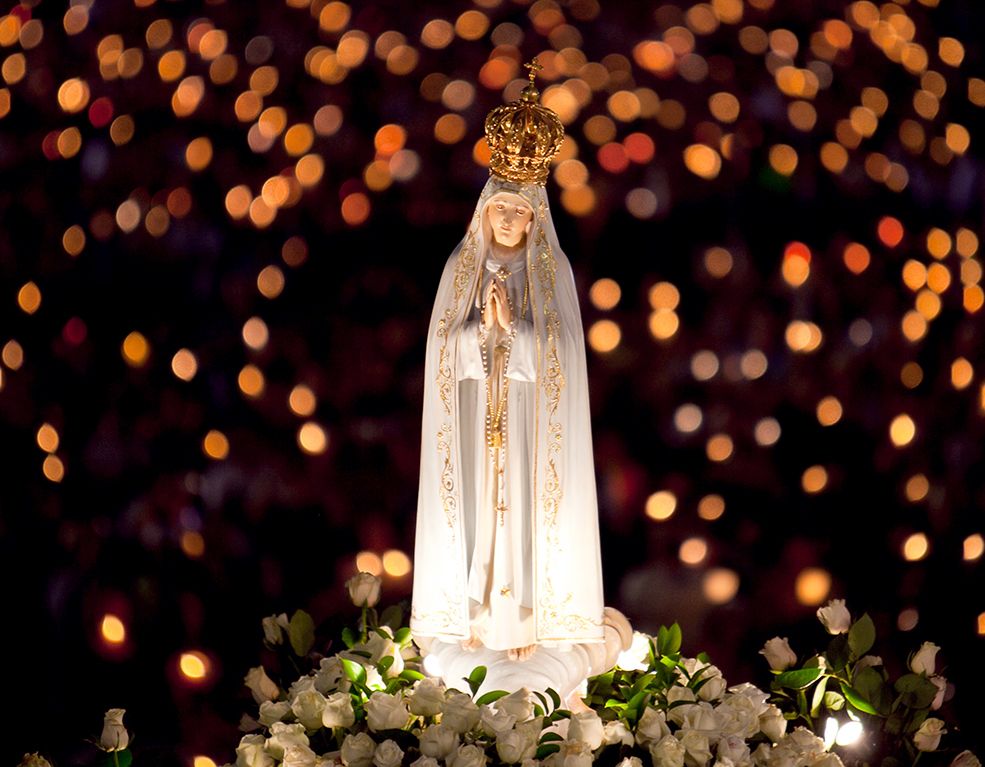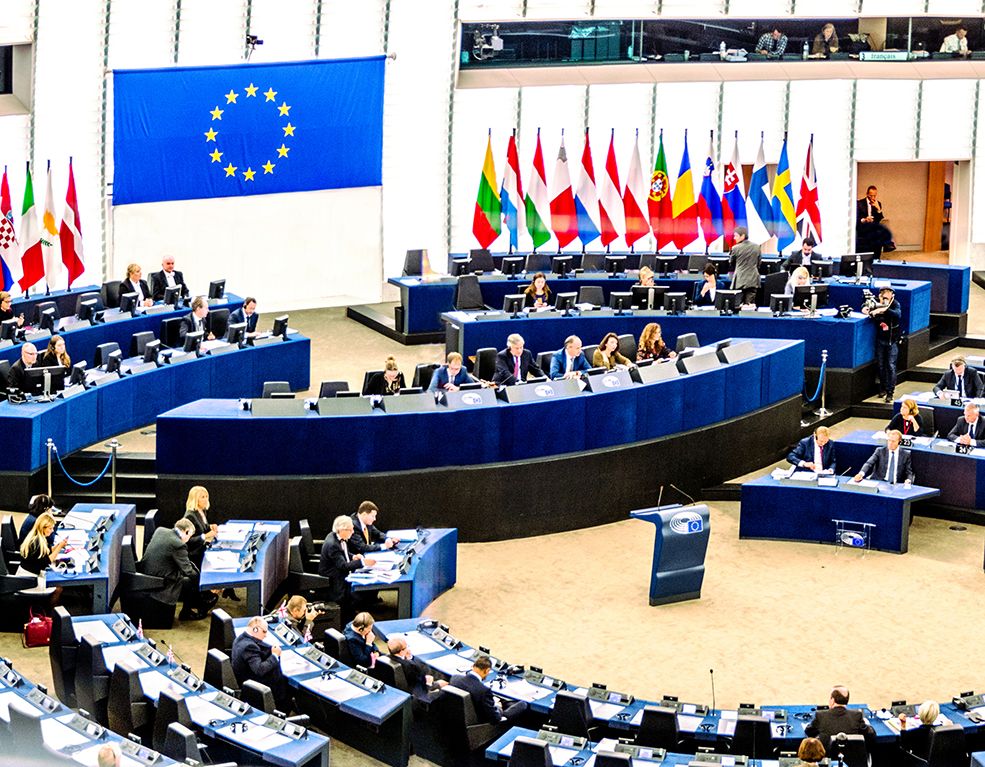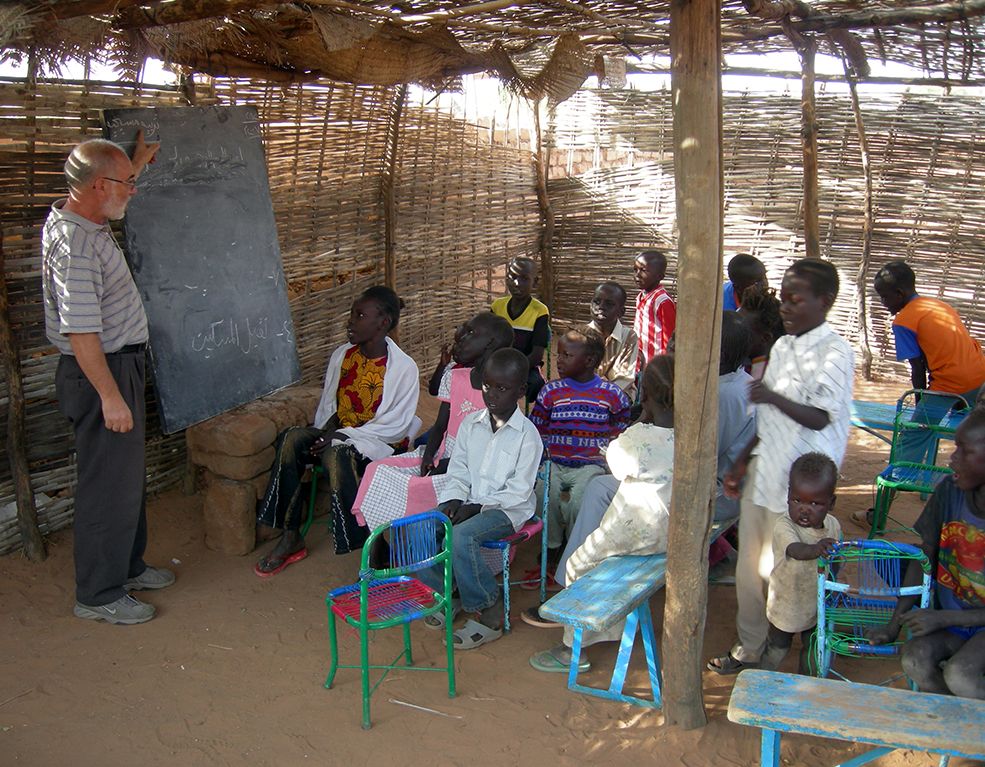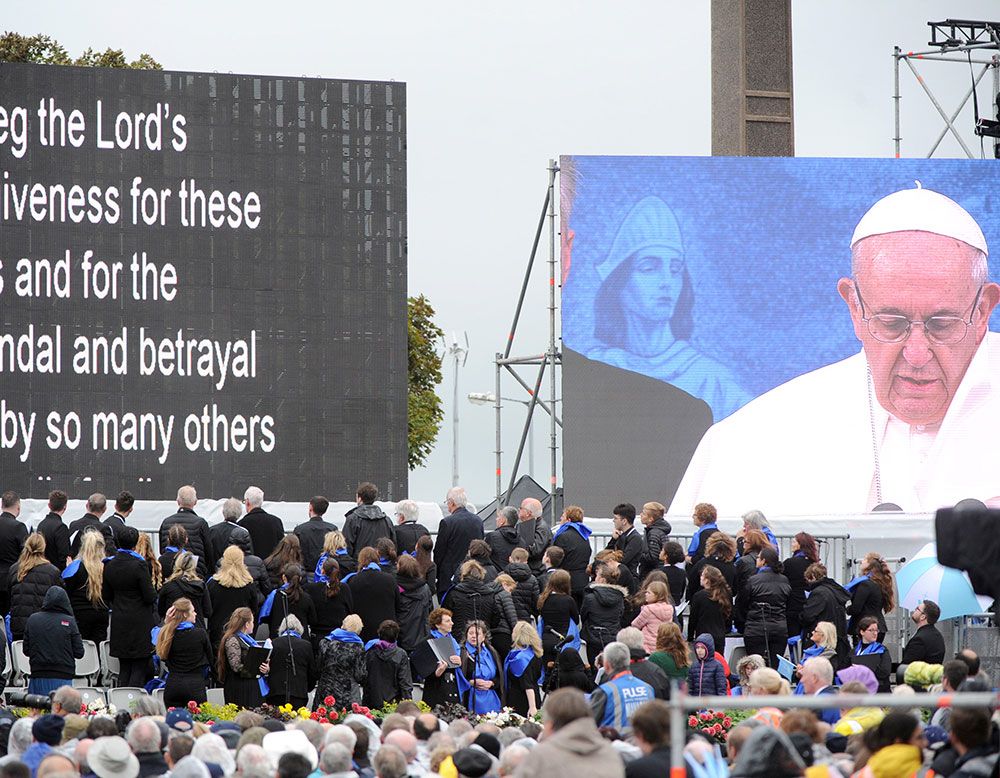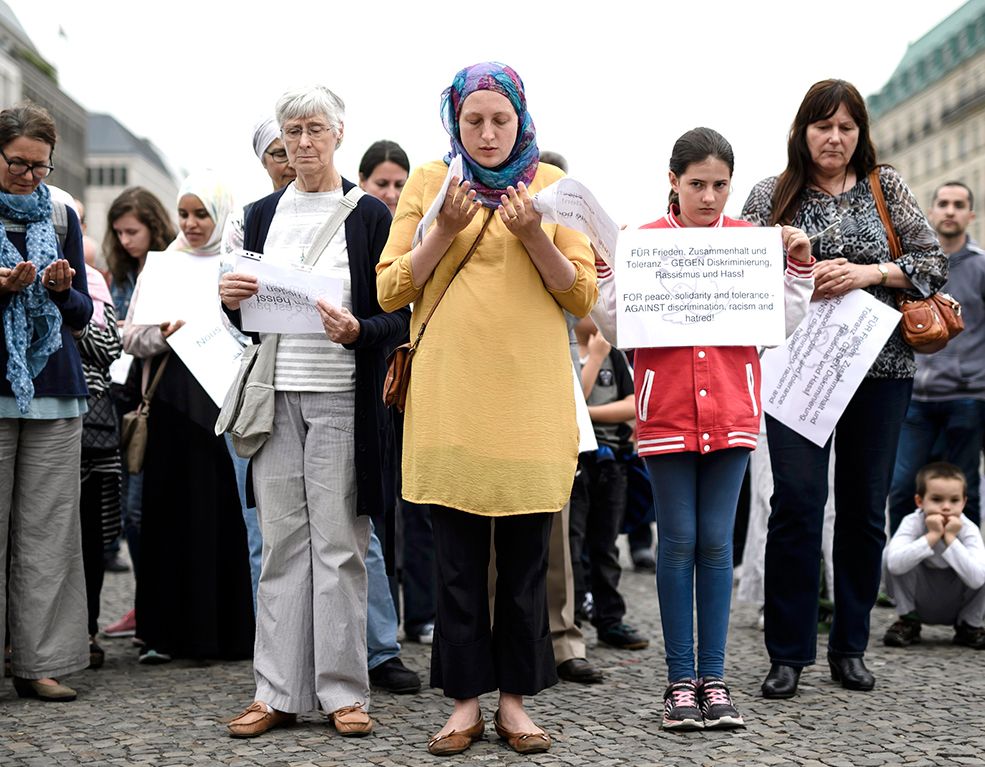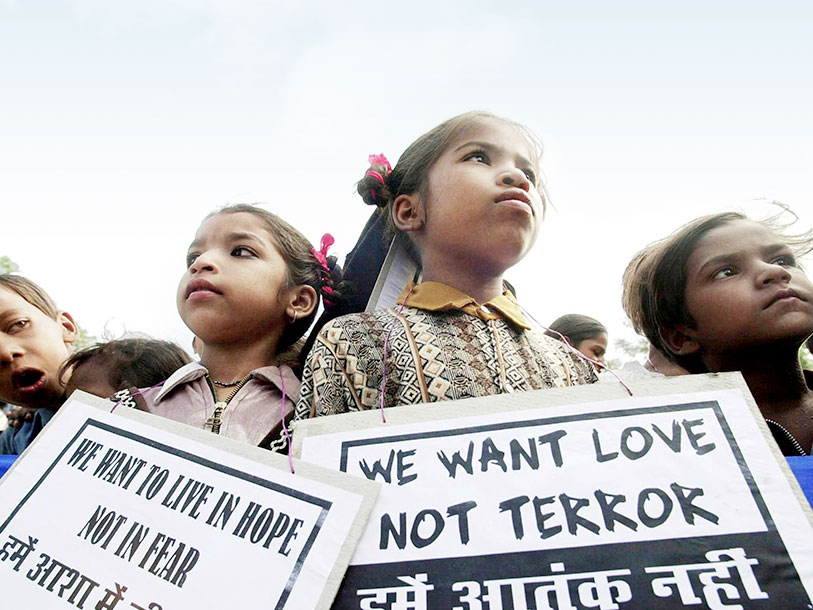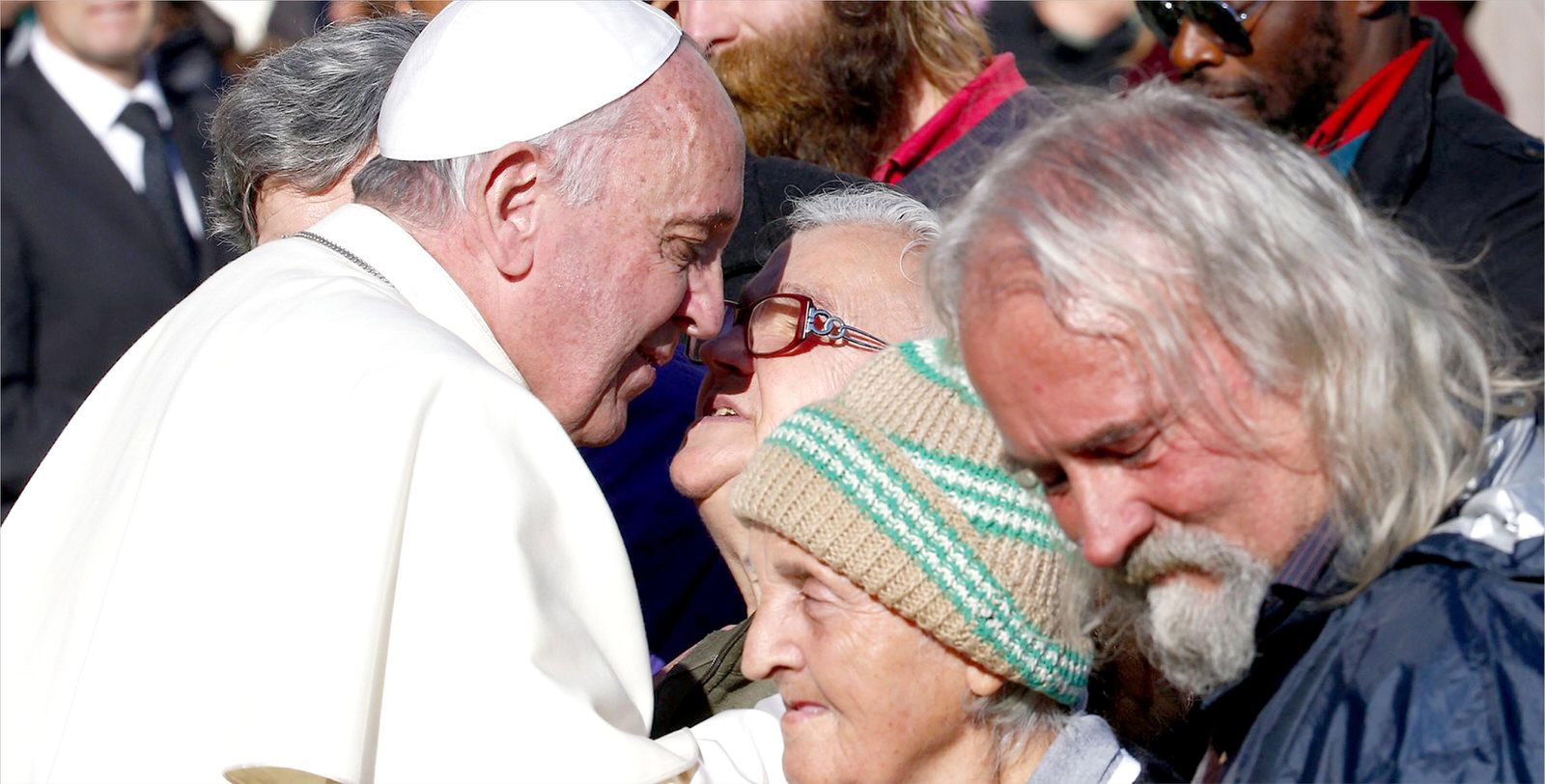When we talk about a mailbox, we talk of addresses and recipients. At the Correio de Nossa Senhora (Our Lady’s Mailbox), a section of the archives of the Shrine of Fatima, one always writes to the same confidant and intimate friend, with many and different invocations.
From the beginning, defining the filial sense: mother, dear mother, dear Mommy from heaven, my most holy mother, my good mother, my dear Our Lady of Fatima, dear godmother… From Italy, also arrives a mamma carissima.
There are letters that specify a postal address: “Ex. Jesus–Gates of Heaven–Governed by God–(Sanctuary?).” And there are even those who refer to the place(s) where the privileged recipient lives: “I don’t know the address of heaven, so I’m writing you to the place where you deigned to appear”; “How are you? In that wonderful place where everything is wonderful.”
“The way the faithful address the Virgin Mary is not the same as that used in liturgical celebrations,” tells Marco Daniel Duarte. “No one says ‘To the blessed Virgin Mary’ but one writes ‘to the mother of Heaven’, ‘to my mother’, ‘to my dear mother’; clearly believers feel they are children of the Mother of God.”
This is the case of a Portuguese woman who writes: “Dear Mommy (…) you know that I only have you in this world and for me you are everything. (…) don’t abandon me, don’t you see how lonely I feel? There are times when if it weren’t for you, I would have already ended my life.”
This is the intimacy of someone who knows the confidant to whom she addresses well: “This letter is just for you.” And to whom, therefore, she gives herself absolutely, like the Italian who addresses the Mamma carissima already mentioned, writing from Verona, in January 1976: “Mamma carissima: I write you my soul (ti scrivo la mia anima), just as the son writes to his mom a very important letter in which he shows her all his soul.”
Such closeness also takes on other expressions of daily life: “Little kisses to all who are in Heaven and Purgatory, Mommy, give kisses for me please to my grandparents, since I can’t give them to them. Many kisses to my dear JESUS CHRIST. And you, Mommy, receive a big hug from this little child and great friend J.”
In several cases, the very act of writing is already a calming factor. As she writes, the feeling of a Portuguese woman changes: “My dear Mommy from heaven (…) I am in one of those days when I feel like hitting everyone,” she begins by saying, to add at the front: “I’m already in a better mood”; and, towards the end: “I get the impression that you’re mad at me, but you’re not, are you?”
“Listen To Me”
Whoever writes, feels the need for someone to listen to his outburst or her story: “Dear Mother. Since no one has time to listen to me, listen to me.” The need for someone to listen or to whom to trust problems is, indeed, one of the main urgencies. Even though the problems seem minor: “My much-loved mother, listen to my prayers,” asked a woman in another letter from Spain.
There are letters written as if talking to someone who already knows everything we talk about: “Dear Mother, I will not write a composition full of lyricism, because you know very well how I am, and what I intend.” Or, “Dear Heavenly Mother: Do not refuse your very sinful and unworthy daughter, for that she loves You. You love me too, I know, if you didn’t love me, since that April 16th I would have fallen back into that sin… and You have given me strength to resist temptation”, wrote someone.
What can be read in these messages reveals, says Marco Daniel Duarte, “human concerns: on one hand, thanksgiving because something happened in the believer’s life, referring to a special grace made through the Virgin of Fatima; on the other, specific requests for the concrete life of the believer, the family, the family community that surrounds him, the wider community that can be a nation or even a place that is at war.” Or even “requests related to health, the social position that people have in the community, the way of being and living life.”
C., who presents himself as originally from Angola, apologizes for the time he did not go to the sanctuary, asks for help for a business he is about to open, and offers a donation of 50 escudos (former Portuguese currency, equivalent to 25 euro cents). But, before that, the penitence is said: “From the time I spent without going there [to Fatima], I think I committed a very big crime.”
“Human beings have several problems depending on the age group they are living in, but any one of them has a great power at the time they are being lived,” comments psychiatrist Luísa Gonçalves. “For a child, it can be emotionally very violent to think ‘if I don’t get that grade, my father will hit me’ and ‘I won’t be respected at home’.” Later, his conscience can lead to asking things like “I’m being violent towards my wife, how do I stop this?”
“Depending on our phases, the value of things has to do with the experiences we are having. It’s important for that child to have that grade, it’s important for that man not to hit the woman and it’s important for that mother not to lose her child. Everything fits in the same basket”, suggests the psychiatrist, who works at the Armed Forces Hospital in Lisbon, the capital.
Poverty And Discrimination
Some of the messages reveal the drama of not having enough for oneself and hers: “I ask Our Lady of Fatima to take me out of this poverty, plus my little son,” pleads a mother. F., in an undated letter, asks bluntly: “Make sure I have a job that earns enough not to sell myself. Make me find a boy so that I can love, respect, and give him children.”
Poverty combined with discrimination, sometimes internalized by the people themselves, shows endemic problems and almost always linked to one another: “I am, Most Holy Virgin, a poor sinner. I’m a gypsy, that’s enough to be a poor sinner. I’m young, I’m only 18…,” writes a young Gypsy woman, who admits to having been born on the wrong side of life.
In the chapter on physical health, “alms of health” or for problems pass “like the wind” are greatly desired. Many letters ask for or refer to specific problems: “remove my skin and my hair,” “heal my teeth,” wanting to “eat less,” as asked by a twelve-year-old child who adds his name, address, and telephone number, so that the Lady can tell him “how to help…”
“Knowing that someone cares about us gives us a lot of peace of mind, a lot of strength, a lot of courage”, analyzes psychiatrist Luísa Gonçalves. “Being loved, knowing oneself loved, gives courage, makes people strong, and transforms them because they feel that there is someone who cares, who asks for them, who wants everything to go well for them. Faith has that value too.”
Whether with the goal of bringing together separated families or in other affective themes, faith can provide resources to face various difficulties. Sometimes, adds the psychiatrist, what you can do is just “pray, light a candle or write a letter”, but this mobilization of your effort may already be “contributing for the good of the person you love.”
“Waiting in inertia, in passivity, is very violent and doing something that gives encouragement”–whether traveling to Fatima or writing down what you feel or asking the “Mother in Heaven” for the person you love–leads the person to feel that they are already mobilizing to protect the other.”
Also from Spain, a small card arrives without a date or signature. It summarizes, even with spelling errors, the feeling of many messages in this collection: “Most Holy Virgin, I pray for those who need my sacrifices and prayers the most, I pray to carry my Cross with faith and hope, welcome my pains for the salvation of the world and the salvation of sinners, strengthen my faith.”

